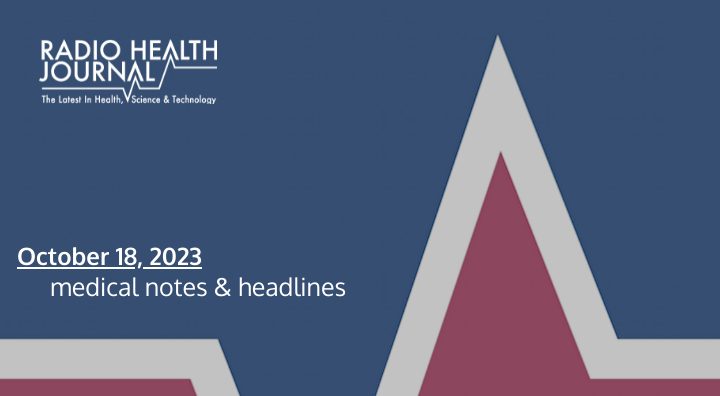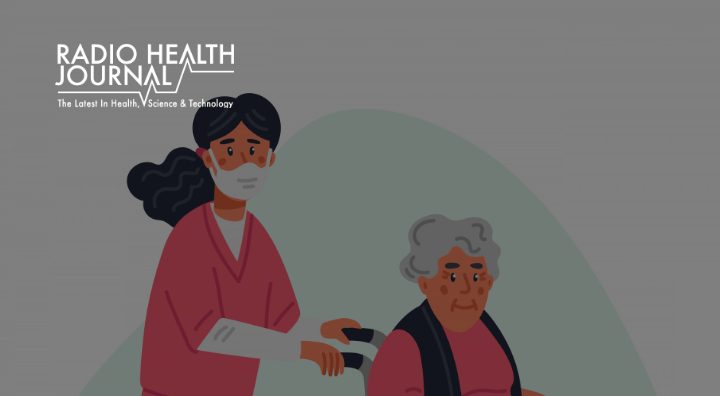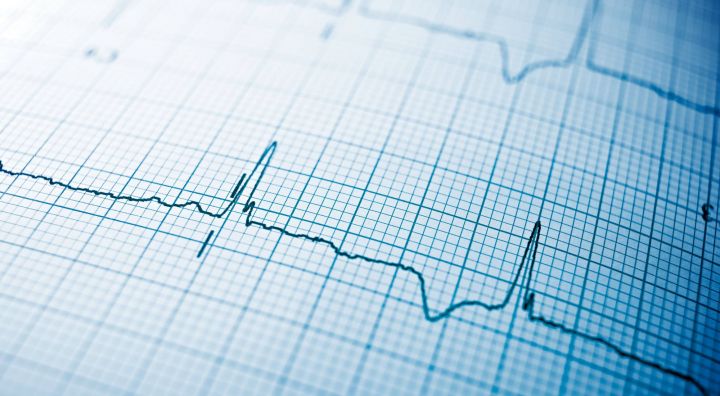Everybody loves a home-cooked meal, but what if your stove was slowly poisoning you? It’s happening in Asia, where coal cook stoves are common… but it’s just a small part of a big global problem. A new study in the journal Nature Communications says air pollution from burning fossil fuels is responsible for more than a million deaths worldwide every year… and coal is to blame for more than half of them. Researchers say tiny particulates, so small that they’re invisible to the eye, are the big culprit…the highest environmental risk for death in the world.
If you were born 200 years ago, you’d be lucky to celebrate your 40th birthday. Since then, the average human life expectancy has increased dramatically… but a study in the journal Nature Communications says it’s not because we’re slowing down aging. People who make it to old age today don’t die much later than they did in the early 1800’s… but very few people die in infancy. Now it’s no big deal to make it to adulthood. but it’s still okay to throw yourself a birthday party.
Researchers have cured diabetes in mice by putting insulin-producing cells into a tiny device… then implanting the device back the mouse’s body. The device is the width of a few strands of hair and protects the cells from the immune system, which usually attacks the cells in people with diabetes. A study in the journal Science Translational Medicine shows that microscopic holes in the device create a “Goldilocks zone” for insulin cells. The holes are big enough for oxygen and nutrients to enter… but too small for damaging immune cells. Previously-diabetic mice have lived for more than 200 days with the implant… without taking any drugs.
Older people who have trouble falling asleep are more likely to have cognitive troubles later. A study in the journal Sleep asked people over age 50 about a variety of insomnia symptoms back in 2002. Fourteen years later, scientists correlated responses with cognitive problems the patients developed. Only “trouble falling asleep” was linked to problems remembering or concentrating more than a decade later.
Smartphones should have a bedtime too. A study in the journal Sleep Health shows middle schoolers often don’t get a full night’s sleep if they use devices like smartphones, laptops or tablets within an hour of bedtime. And then once kids can’t get to sleep, they’re likely to spend sleepless hours looking at screens. The ongoing cycle has long-term health effects like chronic inflammation and obesity. researchers say parents can help by putting devices to sleep before the kids.
And finally… 25 percent of adults say they simply don’t want children… and they’re perfectly happy. A new study in the journal PLOS One finds no differences in life satisfaction between parents and child-free individuals, and few differences in personality. However, people who have kids feel substantially “less warm” toward people who don’t.











Leave a Reply